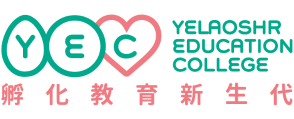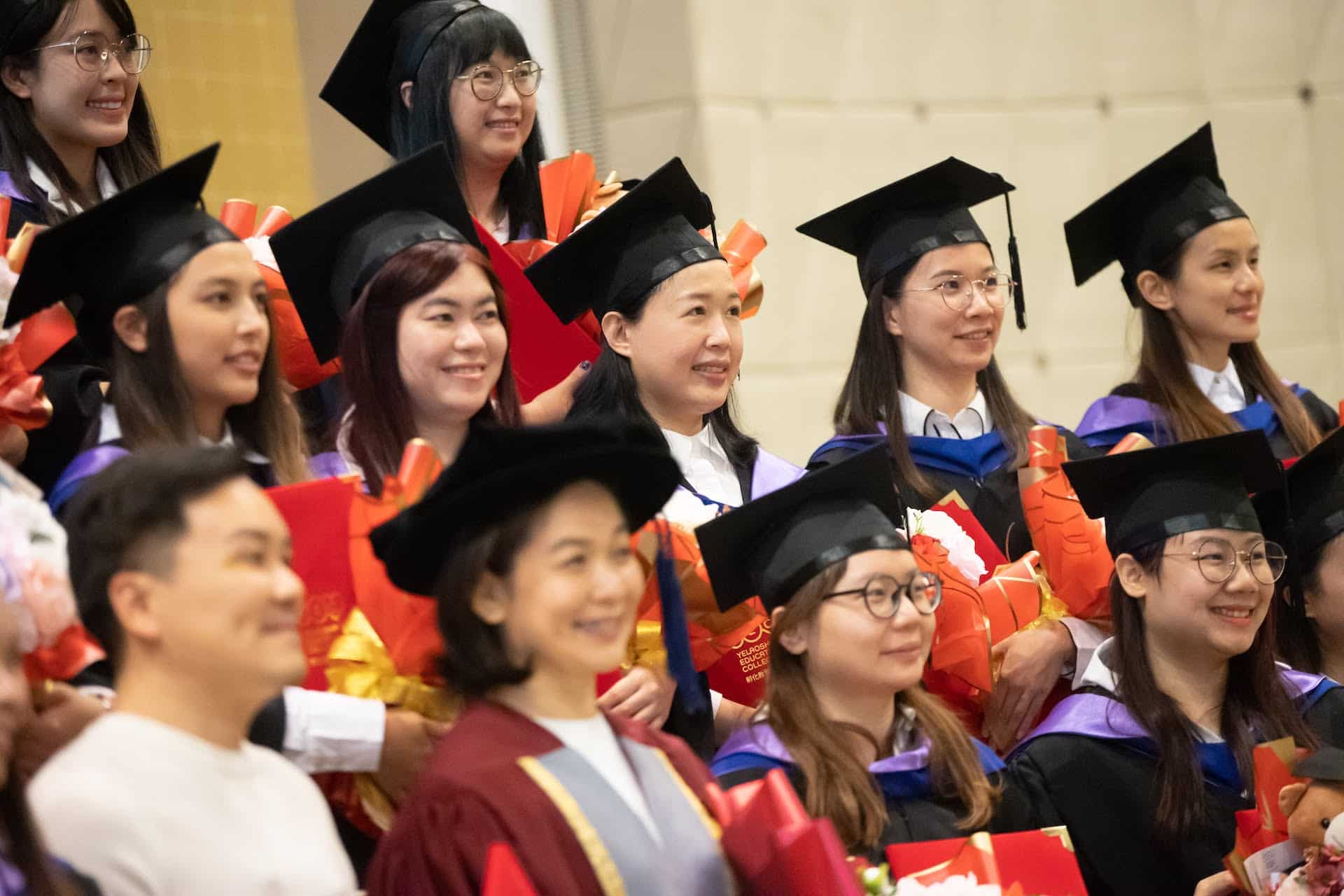while getting
a dual UK Diploma certification
“Preschool education” is not a simple subject, it is a professional skill. Therefore, we not only teach important early childhood knowledge and principles, we also teach you the professional ability that can affect a young life for a lifetime!

